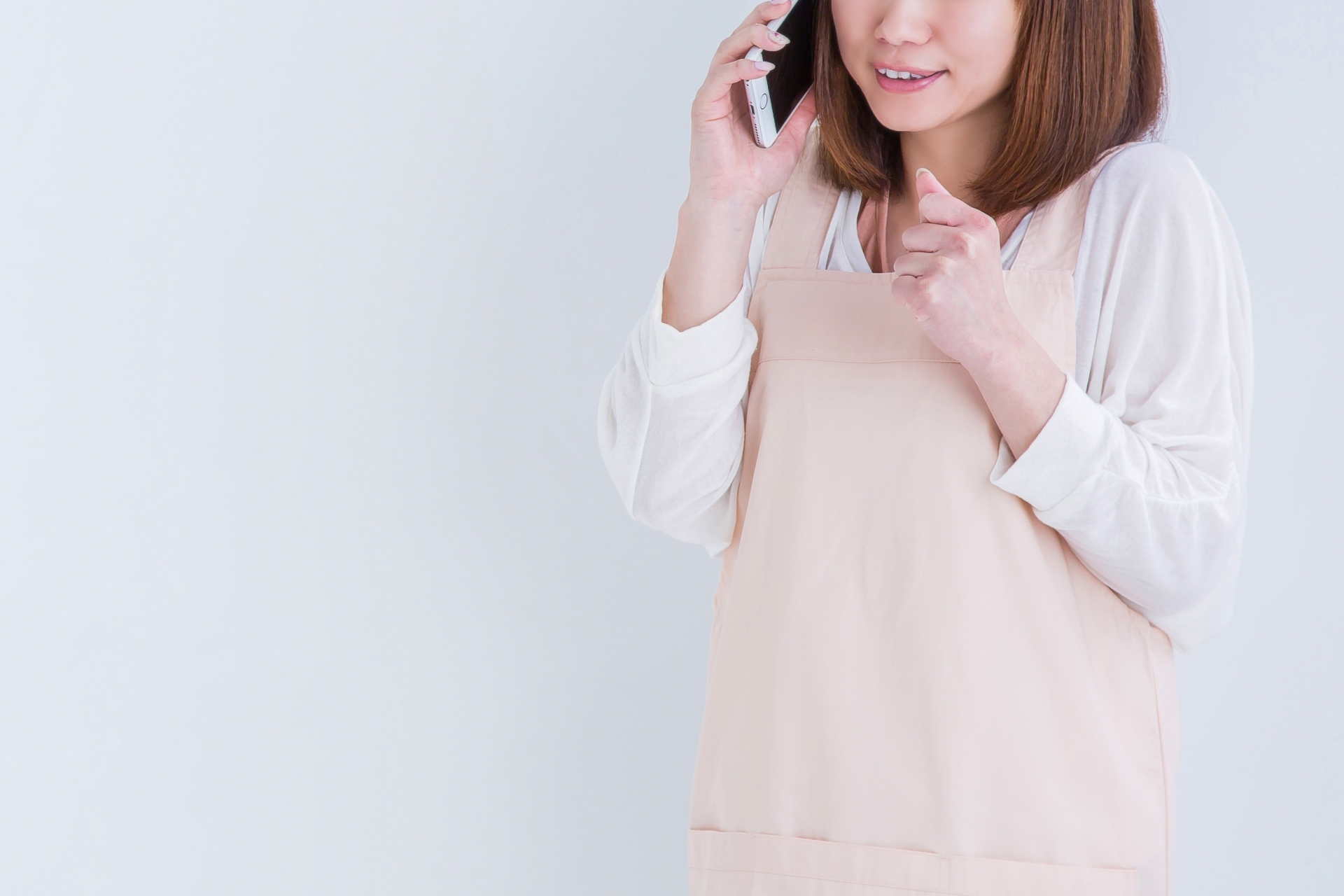Helpful Japanese Phrases for Daycare (Hoikuen) and Preschool (Yochien)

Last Updated on July 3, 2024 by Kay
This post may contain affiliate links, meaning I may earn a small commission on any purchases through those links at zero additional cost to you. Whatever I make goes to keeping this website running and I am forever grateful for the support. See my Privacy Policy for more information.
I received a request to share some helpful phrases in Japanese when it comes to daycare (hoikuen) and preschool (yochien), and if you’re a long-term reader, you’ll know that if you ask, you shall receive. This request makes complete sense to me as well, and I think it’s useful for parents at almost any level of Japanese to know these phrases, especially as words related to childcare and education might not be so familiar to some people. I’m still learning myself!
Here are what I think are essential Japanese phrases for various situations when you want to communicate with teachers/staff. Most of these can also be written in your renrakucho as well!
Table of Contents
- First Thing to Know When Calling
- Asking for a Teacher
- Absence
- Refraining from Activity Due to Sickness
- Forgotten Items (忘れ物, Wasuremono)
- Bringing Items (持ち物, Mochimono)
- Picking Up (お迎え, Omukae)
- Dropping Off (送る, Okuru)
- Allergies
- Medicine
- Asking for Advice
- If You Can’t Make It To An Event
- If You Want Another Form
First Thing to Know When Calling
Let’s start with calling the daycare or preschool. When doing this, it’s essential to let the recipient know who you are:
Thank you for your continued support. I am the [mother/father] of [Child’s full name] from [Child’s class name]. お世話になっております。[Child’s class name]の[Child’s full name] の[母・父]です。 Osewa ni natteorimasu. [Child’s class name]の [Child’s full name] no [haha・ chichi] desu. |
This is the first step for all cases! So no matter what the situation, make sure the person on the other end knows who you and your child are because otherwise, they will likely have no idea.
Even in daycare, there tends to be a name for each class according to their age group. This is usually something like an animal or flower and ends in gumi (組). For instance, my daughter was in Risu–gumi (Risu meaning squirrel). Some daycares might not have this system though, especially if there aren’t many children. In this case, you can omit the class name.
Also, instead of saying お世話になっております (Osewa ni natteorimasu), you can say おはようございます (Ohayougozaimasu) if it’s morning. But お世話になっております is just “a good for every situation” greeting to use, in my opinion. (And was used at the beginning of almost every email I encountered when I worked for a Japanese office…)
Asking for a Teacher
If you want to talk to your child’s teacher on the phone or even if you’re trying to find them at the daycare/preschool, ask another employee the following:
Is [teacher’s name] available right now? 担任の[teacher’s name] 先生は今いらっしゃいますでしょうか。 Tannin no [teacher’s name]sensei wa ima irasshaimasudeshouka? |
If the teacher in charge of your child is not available to take the call for some reason, that’s okay! Just ask the person on the other end to ask them to call you back.
Can you ask them to call me back? 先生にお電話を折り返すようにお伝えいただけますか? Sensei ni odenwa wo orikaesuyouni otsutae itadakemasudeshouka? |
If you’re visiting the daycare/preschool in person and the teacher isn’t here, you can ask an employee to have them call you:
Can you ask them to call me? では、先生からお電話いただけますでしょうか? Dewa, sensei kara odenwa itadakemasudeshouka? |
Absence
Here are some examples of phrases you can use if your child will be absent due to illness:
My child will be absent [today] because [they have a fever]*. [熱]がありますので、[今日]はお休みします。 [Netsu] ga arimasu node, [kyou] wa oyasumishimasu. |
*you can replace “today”(kyou) with any day that your child will not be attending such as “tomorrow” (ashita).
Below are common reasons why a child may be absent due to their health:
| They have a fever | Netsu ga arimasu node | 熱がありますので |
| They have a cold | Kaze ga arimasu node | 風邪がありますので |
| They’re coming down with a cold | Kazegimi nanode | 風邪気味なので |
| They’re feeling unwell | choushi ga warui node | 調子が悪いので |
If you’re going to be going on vacation and your child will be absent for an extended period of time, you can write the following in the renrakucho:
We’re going on vacation so my child will be absent from the [1st] to the [18th]. They will be back at daycare/preschool on the [19th]. 旅行で[1日]から[18日]まで欠席します。登園は[19日]からになります。 Ryokou de [tsuitachi] kara [jyuuhachinichi] made kesseki shimasu. Touen wa [jyuukunichi] kara ni narimasu. |
Refraining from Activity Due to Sickness
If your child isn’t feeling well but is still attending hoikuen or yochien because they don’t have a fever and you have to work (because let’s face it, we only have so many days we can take off), you might want to have them refrain from certain activities like pool time.
In this case, use the following:
My child is coming down with [a cold] so I don’t want them to [use the pool] today. 今日は[風邪気味]なので[プール]は控えていただけますでしょうか。 Kyou wa [kazegimi] nanode [pu-ru] wa hikaete itadakemasudeshouka? |
Forgotten Items (忘れ物, Wasuremono)
There may be times when you forget to bring something and don’t realize it until you drop off your kid, like extra shirts or a cup. In this case, use the following:
I’m sorry, I forgot to bring [diapers]. すみません、今日、[オムツ]を持たせるのを忘れてしまいました。 Sumimasen, kyou, [omutsu] wo motaseru no wo wasureteshimaimashita. |
Similarly, there might be something that is missing when it comes to your child’s things. For instance, there are a lot of spare clothes for many kids at daycare so it’s not uncommon for a shirt or two to go missing and perhaps be mixed up with someone else’s belongings.
Excuse me, do you happen to know where [towel] is? すみません、[タオル]が見当たらないのですが、どこにあるかお分かりでしょうか? Sumimasen, [taoru] ga miataranai nodesuga, doko ni aru ka owakarideshouka? |
Speaking of clothes being mixed up, sometimes you might end up with someone else’s clothes. In this case, wash and return them to the teacher.
These were mistakenly placed with my child’s things so I’m returning them. 間違えて他のお子さんのものが入っていましたのでお返します。 Machigaete hokano okosan no mono ga haitteimashita node okaeshimasu. |
Bringing Items (持ち物, Mochimono)
You might be wondering if your child is allowed to bring something to daycare or preschool. For example, if they’re going on a field trip somewhere, do they need to bring a water bottle?
In this case, ask the following:
Can my child bring [a water bottle]? 子供に[水筒]を持たせてもよろしいでしょうか? Kodomo ni [suitou] wo motasetemo yoroshiideshouka? |
If you want to provide some context:
Can my child bring [a water bottle] to [the field trip] [tomorrow]? [明日]の[遠足]で、子供に[水筒]を持たせてもよろしいでしょうか? [Ashita] no [ensoku] de, kodomo ni [suitou] wo motasetemo yoroshiideshouka? |
Field trip = ensoku (遠足)
Picking Up (お迎え, Omukae)
If you’re going to be late picking up your child, use the following phrase:
I’m going to be late picking up my child today. I apologize for the inconvenience. すみません、お迎えは遅れます。申し訳ありません。 Sumimasen, omukae wa okuremasu. Moushiwakearimasen. |
If you know approximately how many minutes you might be late:
I’m going to be about [15 minutes] late picking up my child today. I apologize for the inconvenience. すみません、お迎えは[15分]ぐらい遅れます。申し訳ありません。 Sumimasen, omukae wa [jyuugofun] gurai okuremasu. Moushiwakearimasen. |
It’s best if you know approximately how late you will be but there are times when you might not know, such as situations that are out of your control. For example, if the train has stopped:
I’m going to be late picking up my child because the train has stopped. I apologize for the inconvenience. 電車が止まっているため、お迎えは遅れます。申し訳ありません。 |
Dropping Off (送る, Okuru)
Similarly, you might be running late dropping off your child. If it’s a significant amount of time, find time to contact the daycare or preschool:
[My child] will arrive at daycare around [10:00 AM]. すみません、今日の登園は[10時]頃になります。 |
OR
I’m sorry, we’re running about [15 minutes] late. すみません、今日の登園は[15分]くらい遅れる予定です。 |
Allergies
If your child has developed an allergy after you’ve filled out and submitted their allergy form (which you likely received when you enrolled your child in daycare/preschool), please convey this to their teacher. They will then likely tell you what steps, if any, you need to take.
I would like to inform you that I found out that my child has an allergy to [type of allergy]. すみません、子供に[type of allergy]アレルギがある事が分かりましたので、ご連絡します。 Sumimasen, kodomo ni [type of allergy] arerugi ga aru koto ga wakarimashita node, gorenrakushimasu. |
If they need to take medication, use the following phrase:
I found out that my child has a [type of allergy] allergy so could you please give them [name of medicine] medication [after lunch]? [type of allergy]のアレルギーが判明したので、これから[昼食後]に[name of medicine]の薬を飲ませていただけますでしょうか? |
If you’re talking to the teacher directly and have the medication with you, you can say “kono kusuri” (this medication) instead of the full name of the medication.
Medicine
If your child is sick, there might be some medication they need to take at daycare or preschool. My daughter’s daycares had a form to fill out in this case but if you don’t have one, explain the situation and ask what to do.
My child is sick with [name of illness] at the moment so could you please give them [name of medicine] medication [after lunch]? 今、[name of illness]の病気で、[name of medicine]の薬を[昼食後]に飲ませていただけますでしょうか? Ima, [name of illness] no byouki de, korekara [chuushokugo] ni [name of medicine] no kusuri o nomasete itadakemasudeshouka? |
Asking for Advice
If you want to ask your child’s teacher for advice, start with the following:
There’s something I want to ask your advice about… 子供について相談したいことがありますが… Kodomo ni tsuite soudan shitai koto ga arimasuga… |
You can then add what you’re worried about, such as if your child is having intense tantrums (癇癪, kanshaku) and you don’t know how to calm them down:
There’s something I want to ask your advice about. My child [has been having really bad temper tantrums lately]. What should I do? 子供について相談したいことがありますが, [癇癪が最近ひどくて]どうすればよろしいでしょうか。 |
If You Can’t Make It To An Event
There may be times when you can’t make it to an event that the daycare or preschool is holding, like an undoukai. Most places will give you a form to confirm your attendance but just in case, here’s how to convey you can’t make it:
Unfortunately, we won’t be able to make it to [Sports Day] due to [a prior commitment]. すみません、[用事がある]ため[運動会]は欠席します。 |
If You Want Another Form
There are SO many forms that go around that sometimes you might misplace one. If so, simply ask for a new one:
May I have the [Name of form] form again? [Name of form]のフォームをまた頂けますでしょうか。 [Name of form] no foh-mu wo mata itadakemasudeshouka? |
If you would like me to add a phrase to this list, please let me know and I’ll be happy to oblige! And remember, there is no harm in using Google Translate if you need it. It’s not always correct but it is better than nothing if you’re in a pinch.

